In June 2022, we wrote a blog post “Rethinking staff travel, meetings, and events” outlining our new approach to staff travel, meetings, and events with the goal of not going back to ‘normal’ after the pandemic.
Crossref Blog

Metadata is one of the most important tools needed to communicate with each other about science and scholarship. It tells the story of research that travels throughout systems and subjects and even to future generations.
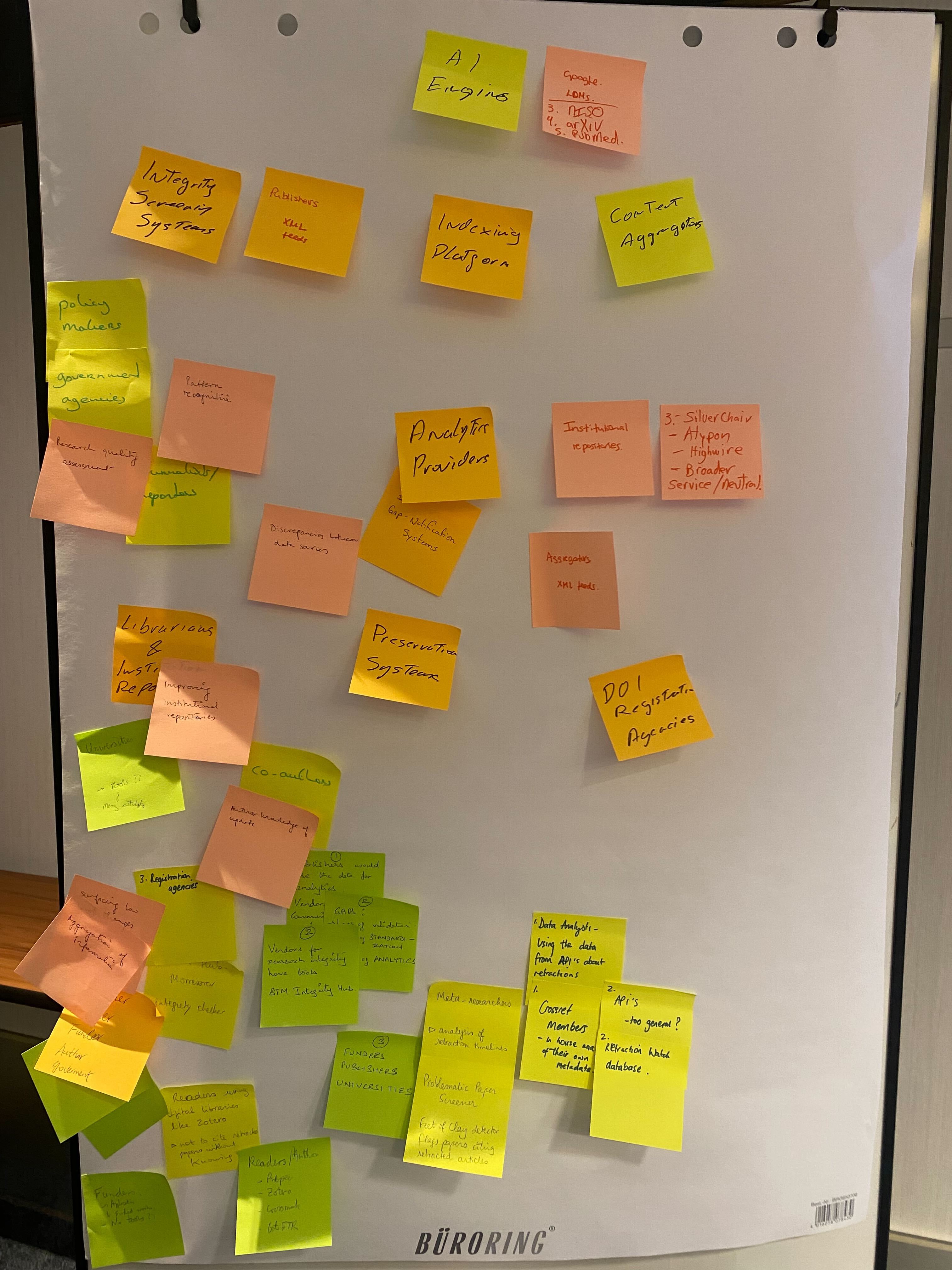
For the third year in a row, Crossref hosted a roundtable on research integrity prior to the Frankfurt book fair. This year the event looked at Crossmark, our tool to display retractions and other post-publication updates to readers.
https://doi.org/10.13003/ief7aibi In our previous blog post in this series, we explained why no metadata matching strategy can return perfect results. Thankfully, however, this does not mean that it’s impossible to know anything about the quality of matching.
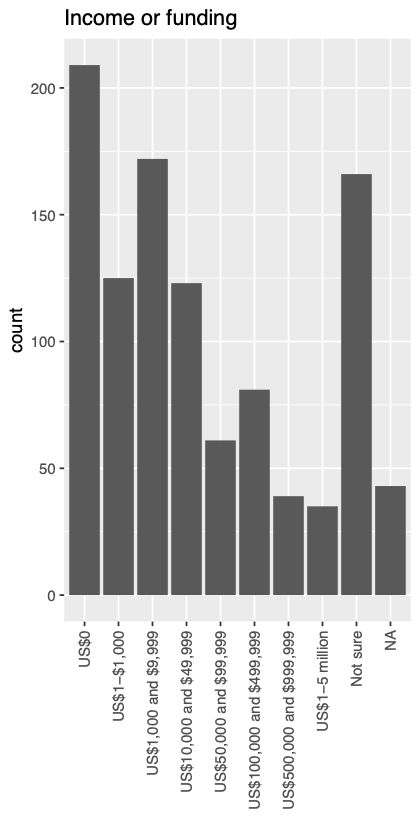
We’re in year two of the Resourcing Crossref for Future Sustainability (RCFS) research. This report provides an update on progress to date, specifically on research we’ve conducted to better understand the impact of our fees and possible changes.
On behalf of the Nominating Committee, I’m pleased to share the slate of candidates for the 2024 board election. Each year we do an open call for board interest. This year, the Nominating Committee received 53 submissions from members worldwide to fill four open board seats.
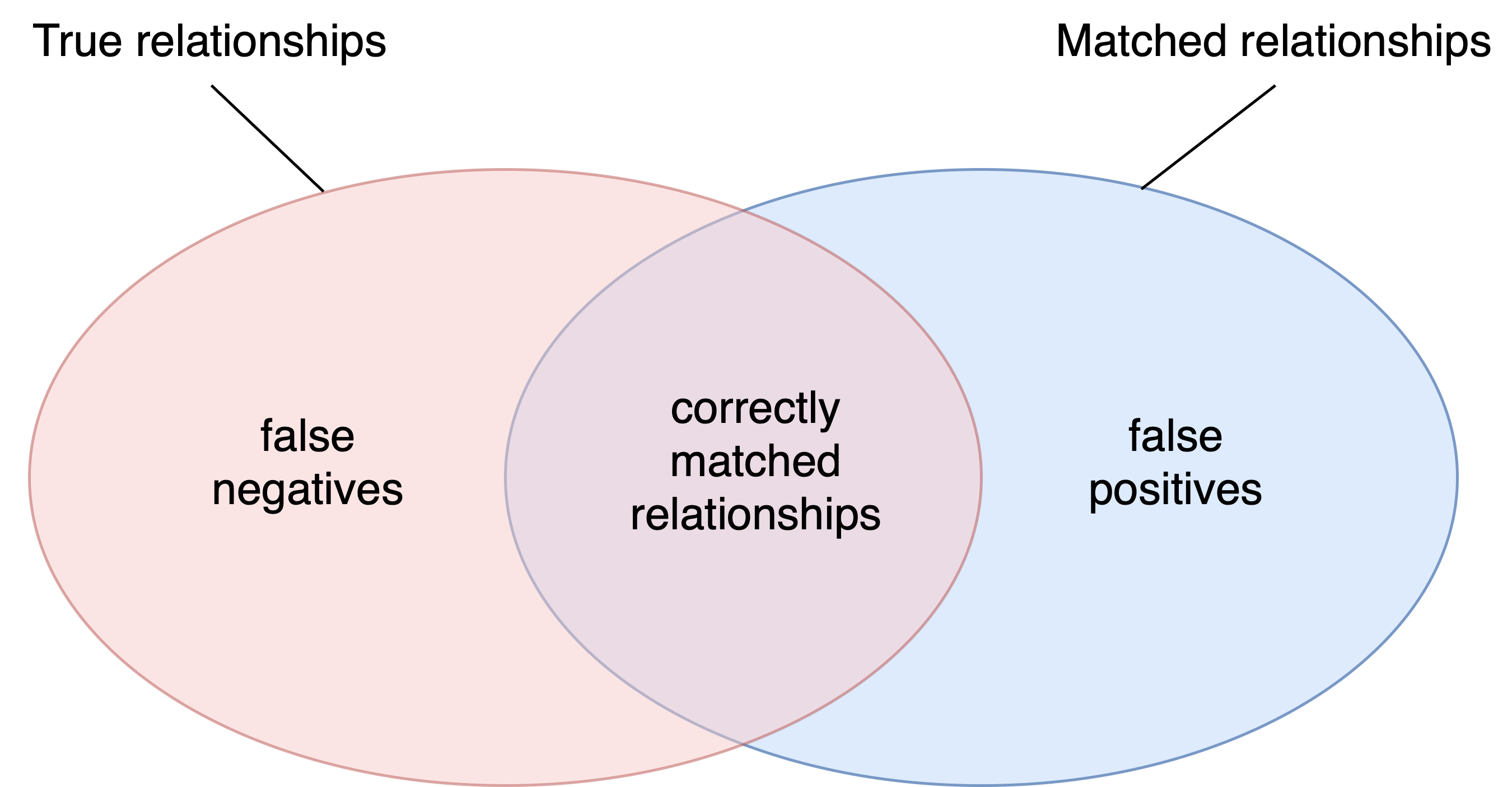
https://doi.org/10.13003/pied3tho In our previous instalments of the blog series about matching (see part 1 and part 2), we explained what metadata matching is, why it is important and described its basic terminology.
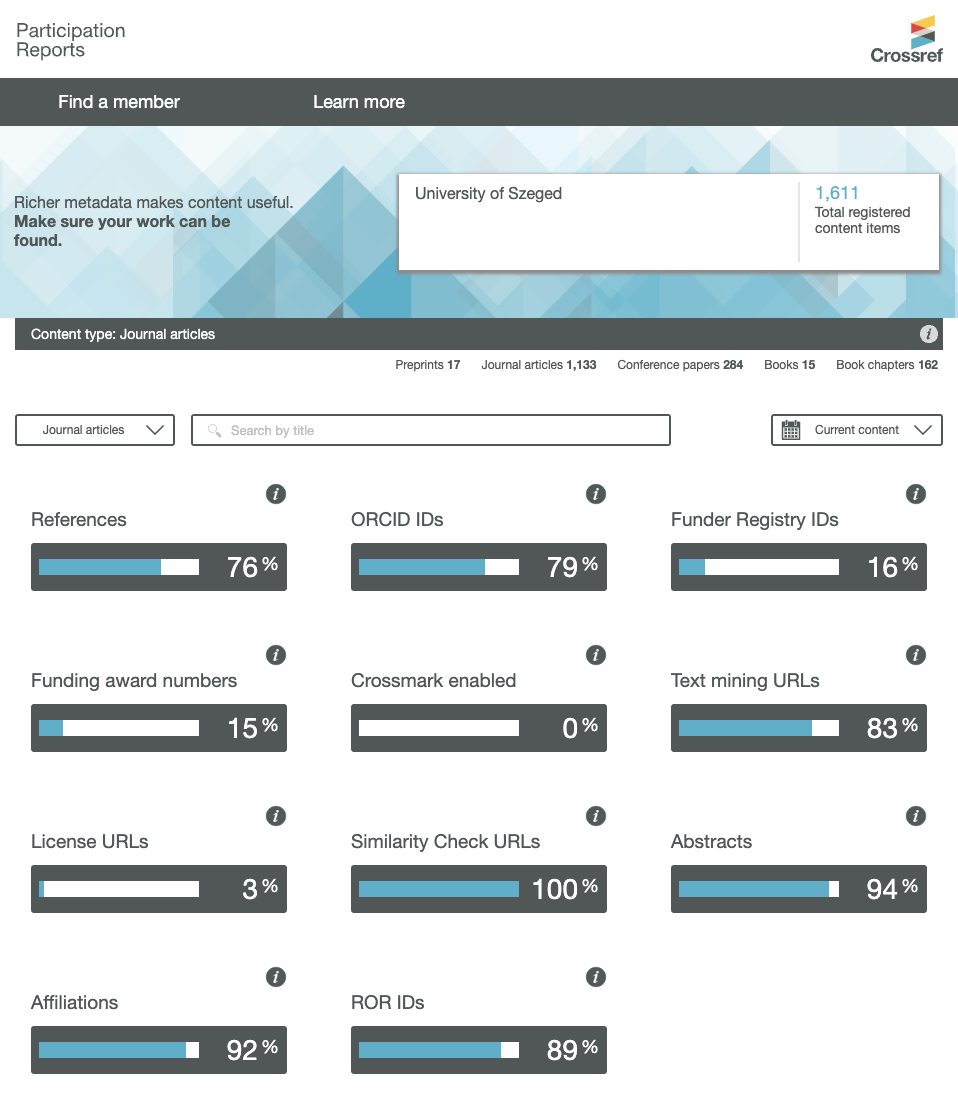
We’ve just released an update to our participation report, which provides a view for our members into how they are each working towards best practices in open metadata.
It’s been a while, here’s a metadata update and request for feedback In Spring 2023 we sent out a survey to our community with a goal of assessing what our priorities for metadata development should be - what projects are our community ready to support? Where is the greatest need?
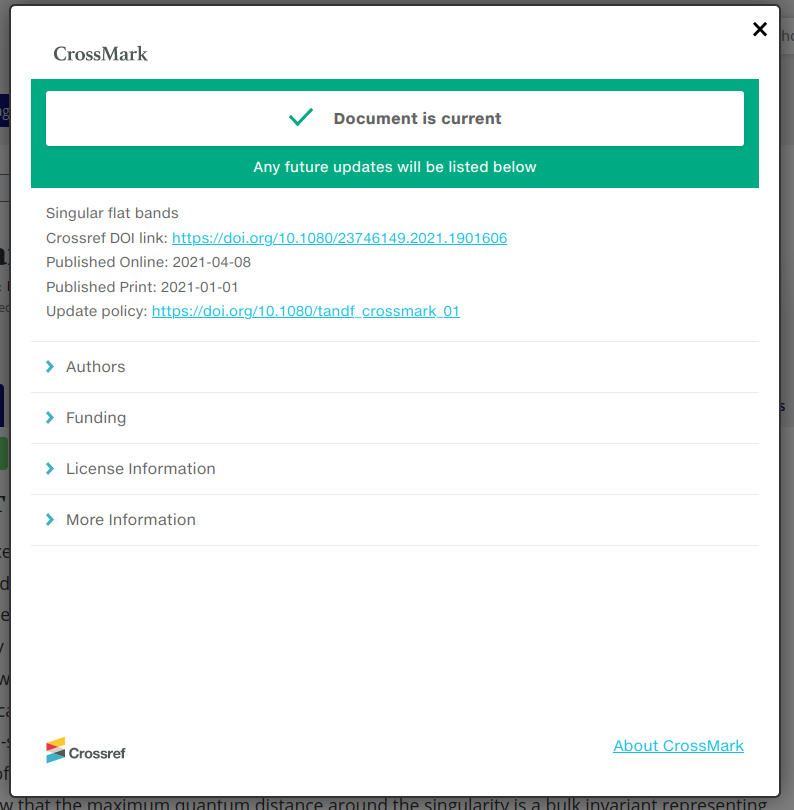
In the first half of this year we’ve been talking to our community about post-publication changes and Crossmark. When a piece of research is published it isn’t the end of the journey—it is read, reused, and sometimes modified.
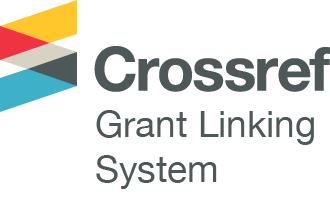
We’re happy to note that this month, we are marking five years since Crossref launched its Grant Linking System. The Grant Linking System (GLS) started life as a joint community effort to create ‘grant identifiers’ and support the needs of funders in the scholarly communications infrastructure.